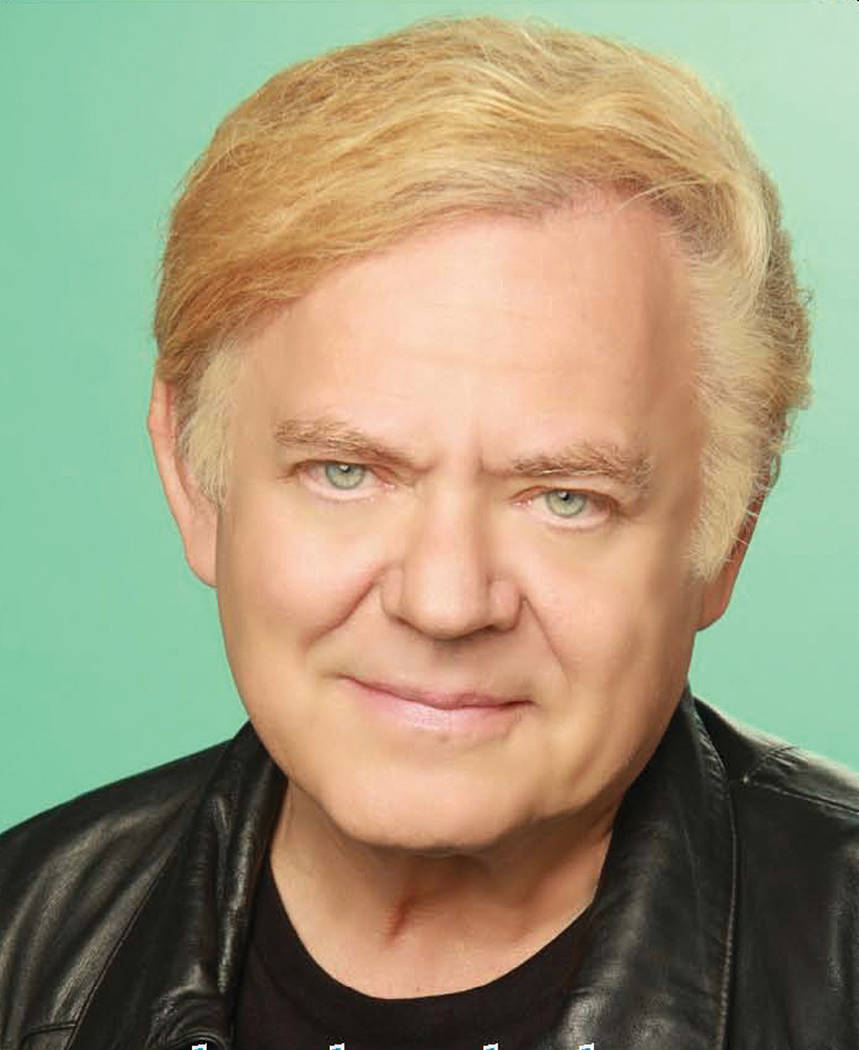Author shares tale of connection with Kennedy, Oswald
November is the month Veterans Day is celebrated, and this year Veterans Day marked the 100th anniversary of the end of World War I. But there is another historic reason for looking back at November. On Nov. 22, 1963, John F. Kennedy, president of the United States and the commander in chief of our armed forces, was assassinated in Dallas.
Kennedy was a Navy veteran. During World War II, he commanded a PT boat, and his story was made famous by the book and motion picture “PT 109.” His vessel was destroyed, but Kennedy was able to pull one of his shipmates to a nearby island and send for help.
A government investigative group known as the Warren Commission claimed that Lee Harvey Oswald was JFK’s killer. Oswald was then killed by a local Dallas club owner.
There are hundreds, perhaps thousands, of books written about the former president, and hundreds more about the assassination itself. Perhaps one of the more unusual tomes is a small paperback titled “Intersection With History: How My Family Crossed Paths with JFK and Oswald.” The author is Nevada writer Alan Livingston, who has a unique connection to both men.
He was a second-grader at the time in Fort Worth, Texas, where JFK spent his last night and gave a speech the following morning.
“There was a lot of excitement that day,” Livingston said. “My memories were ‘Hey, maybe we’ll get to skip school that day. Or maybe we’ll get to go out to the air base and see the president.’”
One of Livingston’s older brothers was in the Texas Boys Choir, which was sent to the base to perform patriotic selections for the president.
“When it was over, the president walked by and shook hands with the choir, my brother included.”
Then the president got on board Air Force One and prepared to fly over the school. The elementary school students were going to be sent outside to see the president’s plane fly over.
“We were all going to wave goodbye to the president as he flew over,” Livingston said. “To a bunch of school kids, that was going to be a real treat.”
But Livingston’s class would have another memory. He said that his class raised such a ruckus that his teacher made the class stay inside. So the memory that is burned in his mind is one of hearing the president’s plane fly overhead but not of seeing the 707 it as it headed toward Dallas.
Before long, he was aware of rumors and conversations in the school hallways, and then the principal walked in and told the students the president was dead.
“He said Lyndon Johnson was president now,” Livingston said. “There was so much uncertainty at the moment. We really didn’t know what the future would hold.”
Although he lived only a few blocks from the school and always walked home, his mother came to pick him up that day, as other moms and dads did with their own offspring.
“There was a strange look on my mother’s face,” Livingston said. “I asked her if the president was dead, and she said, ‘Yes, and they say it was a student of mine who did it.’”
The Warren Commission seemingly spread a wide net over who it interviewed. Livingston’s mother, Emma Dee Miles Livingston, would eventually be contacted and asked to testify. Oswald had been a fourth-grader in her class. Years earlier, she taught him at the same school her sons attended. Just what the commission thought she could add to the narrative always baffled the family.
“My perspective is I haven’t a clue. The deposition is all about what he was like, his home life. There wasn’t a father at home. He had to fend for himself. He was nomadic. My mom had a soft spot in her heart for him. She felt like he had made some advances in his ability to get along with others.”
Livingston said he has no idea how the commission found her.
“I remember waking up at 10 o’clock one night with United Press International banging on our door asking for pictures,” he said.
His mother’s picture would later appear in Life magazine.
Some of her deposition is included in Livingston’s book, and her entire testimony can be found in the Warren Report.
Since that day in 1963, murder attempts have been made on other U.S. presidents, but all were foiled. World War I ended 100 years ago, but war didn’t end. And deadly political avarice seemingly never ends.
Chuck N. Baker is a Purple Heart veteran of the Vietnam War and the host of “That’s America to Me” every Sunday at 7 a.m. on 97.1-FM.





